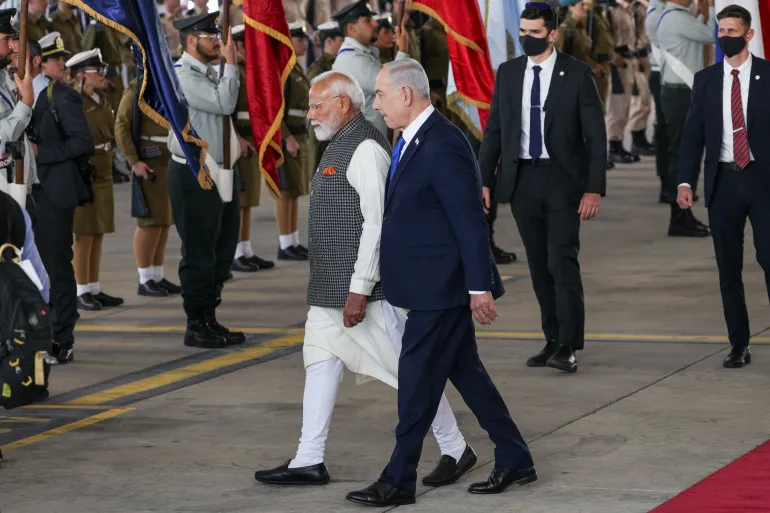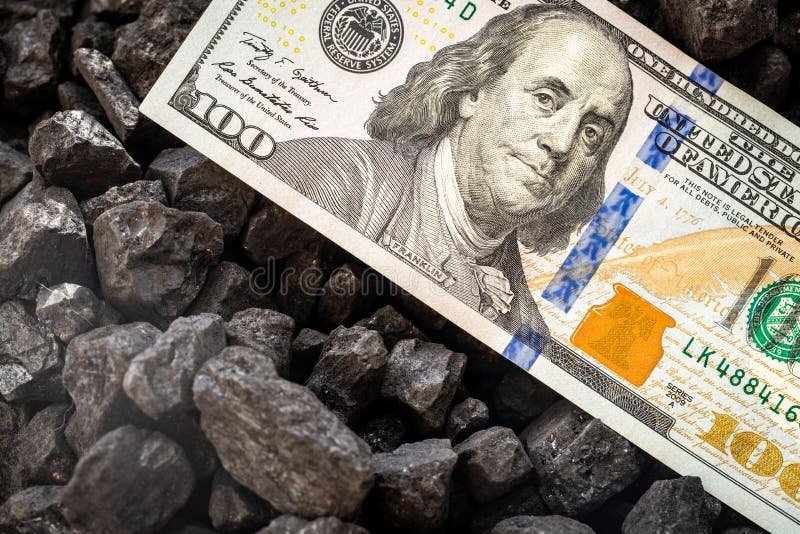Editorial
The 80th anniversary parade in Beijing was more than a display of military prowess; it was a carefully choreographed projection of China’s ambition to shape the future global order. With advanced weaponry, precise formations, and the symbolic presence of world leaders, the message was unambiguous: China is no longer content with being a regional power, it seeks recognition as a central actor in the international system.
The contrast with Donald Trump’s nostalgic military parades is striking. While Trump glorifies the past under his “Make America Great Again” slogan, China frames its narrative around a future where it rewrites history and rules. Beijing’s attempt to highlight its role in defeating fascism during World War Two reflects its desire to redefine legitimacy and authority in world affairs. This is less about history itself and more about claiming space in the century ahead.
China’s growing alignment with Russia and India, evident in the Tianjin summit between Xi Jinping, Vladimir Putin, and Narendra Modi, underlines a geopolitical shift accelerated by US protectionism and tariff wars. Where America retreats into unilateralism, China seizes opportunities to forge partnerships that challenge Western-dominated institutions. This is particularly significant for Asia, where states balancing between Washington and Beijing are increasingly aware of China’s military capacity and economic leverage.
Yet, China’s rise is not without its contradictions. Its assertive diplomacy, territorial claims, and domestic authoritarianism could alienate potential allies. Nevertheless, the trajectory is clear: Beijing is positioning itself as the alternative to the US-led order. The question is whether the international community accepts this transition or resists it through renewed alliances.
China’s parade, therefore, was not just a spectacle—it was a declaration of intent. The future of international politics may well be defined by how effectively China converts its military strength into political legitimacy and global influence.
















